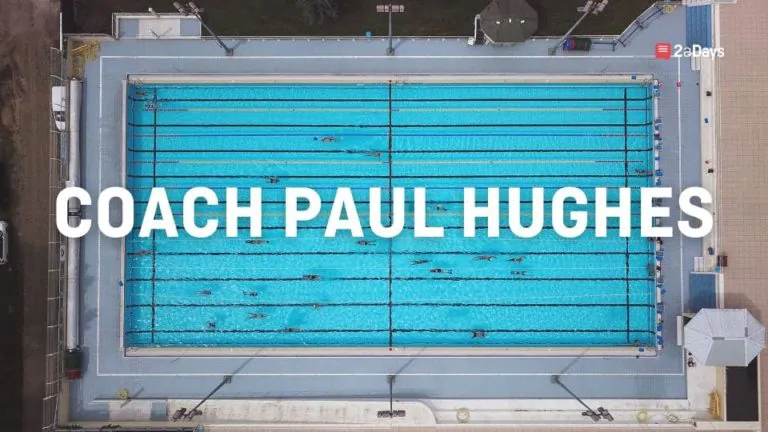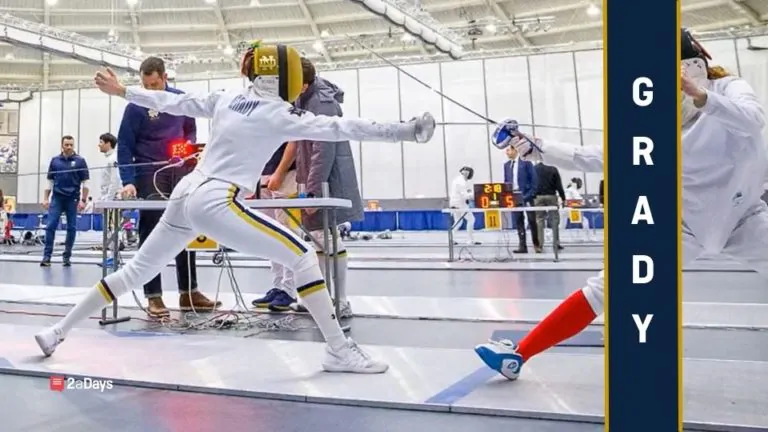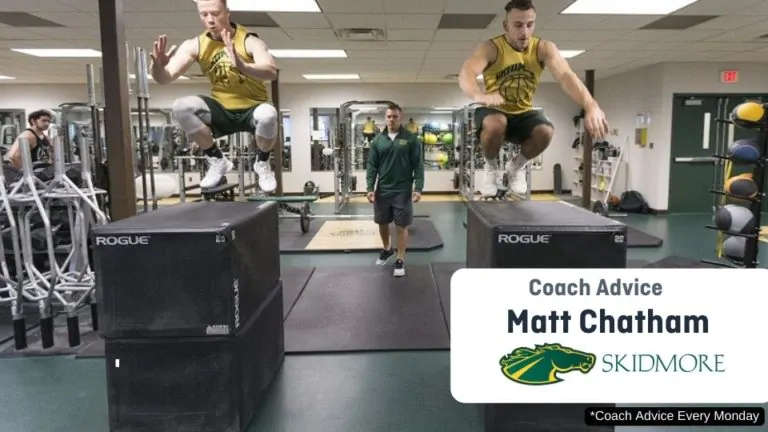The recruiting process can be tough, but you are here because you have what it takes to take your talents to the next level–you have the grades, the athleticism and determination to play at the college level. Becoming a collegiate athlete is both an exhilarating and rewarding experience, but there's much more to the process than just the desire to play and signing day. Now that you're in the process of being recruited, be sure to know what you're doing with these ten terms all recruits should know.
1. RECRUITING
To be considered a “recruited prospective student-athlete”, athletes must be in contact with a college coach or representative about participating in that college's athletic program.
To begin the process, start by making a list of colleges that you are interested in. Get in contact with those coaches by emailing them and introducing yourself in a professional manner.
2. CONTRACT
A contract is defined as a written or spoken form of agreement. In the NCAA, athletes that are committing to a Division I or II school sign a contract called a National Letter of Intent (NLI). This is a binding contract between you and the college you sign with that guarantees your athletic scholarship for one academic year.
Related: Need to Know NLI Signing Dates
Once you sign your NLI, your recruiting process is considered over because colleges are not allowed to recruit athletes that have already signed their letters.
3. EVALUATION PERIOD
The evaluation period is known as the period of time when a college coach is not allowed to have any face-to-face contact with their prospective student-athlete, but they are allowed to watch you compete at your high school or club games and call or email you and your parents.
4. CONTACT PERIOD
The main difference between the evaluation period and the contact period is that during the contact period, coaches are now allowed to have face-to-face contact with the prospective college athlete and their parents.
Related: Year-By-Year Recruiting Checklist for Prospective College Athletes
5. QUIET PERIOD
During a quiet period, college coaches are only allowed to have face-to-face contact with their prospective student-athletes while on the specific college campus. They are still allowed to call or email, but they are no longer allowed to meet in person or watch you play unless the meeting or competition occurs on the college campus.
6. DEAD PERIOD
The dead period is referred to as the period of time when college coaches are not allowed to have any face-to-face contact with their prospective student-athlete whatsoever. During this time, the only contact that is allowed is over the phone or through email.
7. OFFICIAL VISIT
Normally, a prospective student-athlete will stay overnight at a college with a current collegiate team member during an official visit, which is financed in whole or in part by an institution. This is the only type of visit where the college is allowed to pay for the prospect.
The allowance from the college is allowed to be used for the prospects' meals, lodging, and reasonable entertainment such as a movie or a home sporting event. This money is not to be used for anything tangible during the prospect's official visit.
You're only allowed five official visits to any Division I or Division II schools, and you're only allowed to “officially visit” each school once. In regards to a Division III or an NAIA level school, you're allowed as many official visits as you'd like but are still only allowed to “officially visit” each school once.
8. UNOFFICIAL VISIT
The main difference between an official and unofficial visit is that the unofficial visit is paid for by the prospect or his/her parents, and doesn't include any of the benefits of being on an official visit.
Related: Rate your Coaches, Facilities, and Campus Visits
9. RECRUITING CALENDARS
Recruiting calendars are a tool used by the NCAA to help ensure everyone has a smooth and resourceful recruiting process. They list all of the dates and rules in the same place so that prospective college athletes and their parents can be informed.
10. ELIGIBILITY
The NCAA holds specific rules that deem a player either eligible or ineligible to play at the collegiate level. To be eligible to play at the Division I or II levels, the NCAA takes into account your GPA and test (SAT/ACT) scores. And remember: each college also has academic requirements that you need to follow that may be different from those of the NCAA.
This isn't everything you need to know about college recruiting but it's a great start. Now go put yourself out there and see what offers you can find!
Have an idea for a story or a question you need answered? Want to set up an interview with us? Email us at [email protected]
* Originally published on January 4, 2023, by Taylor Patrizi







